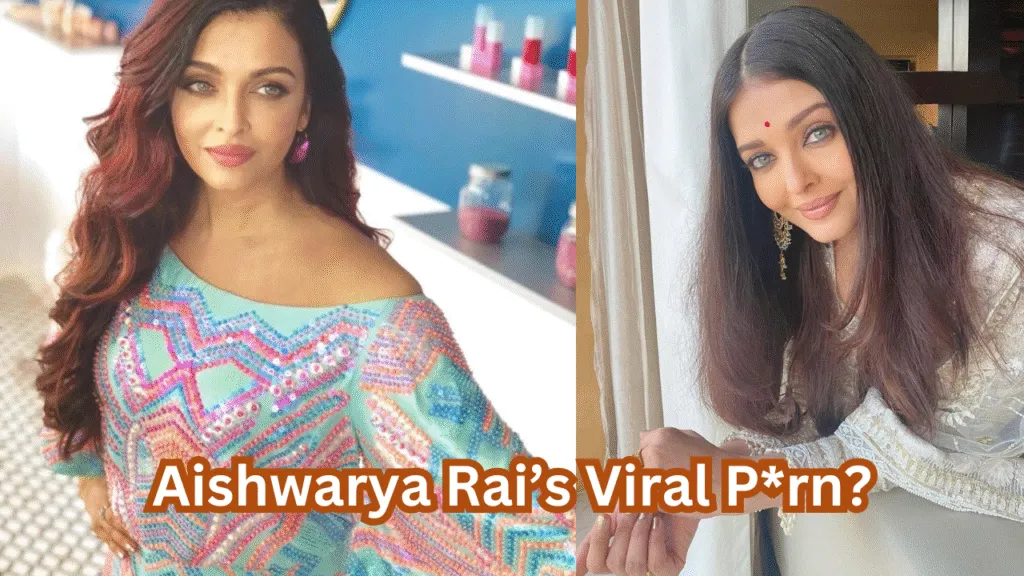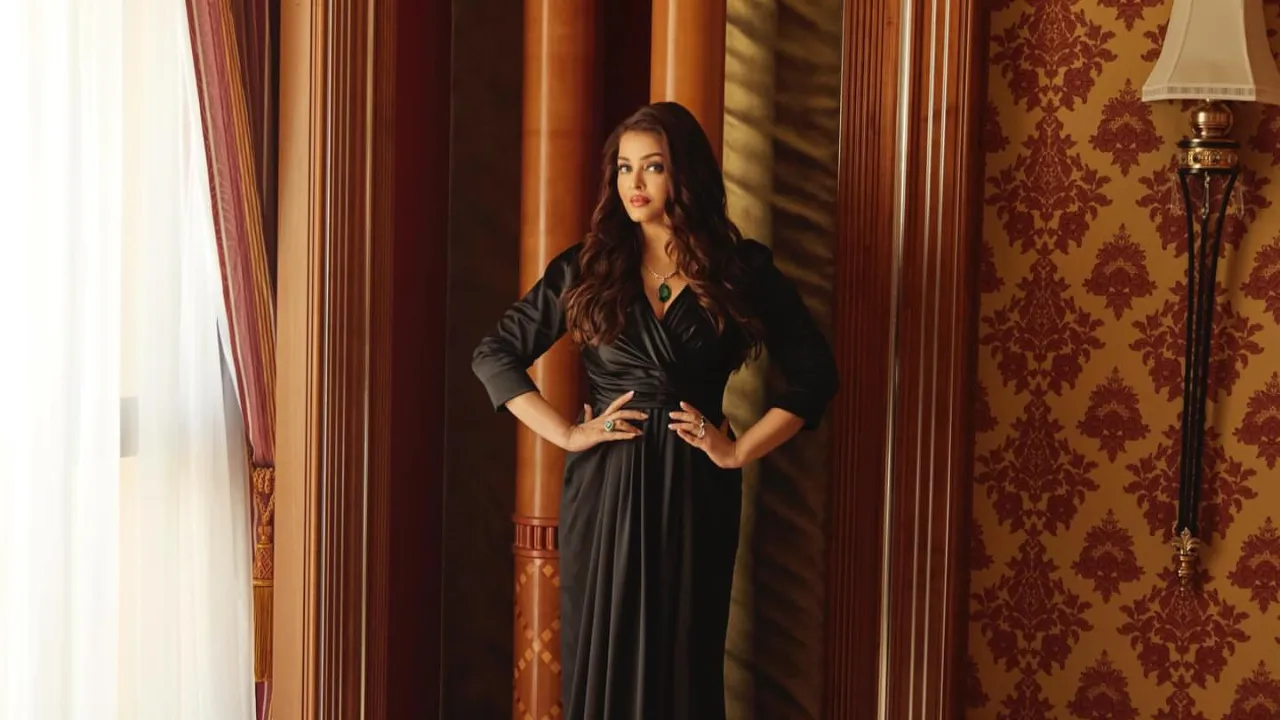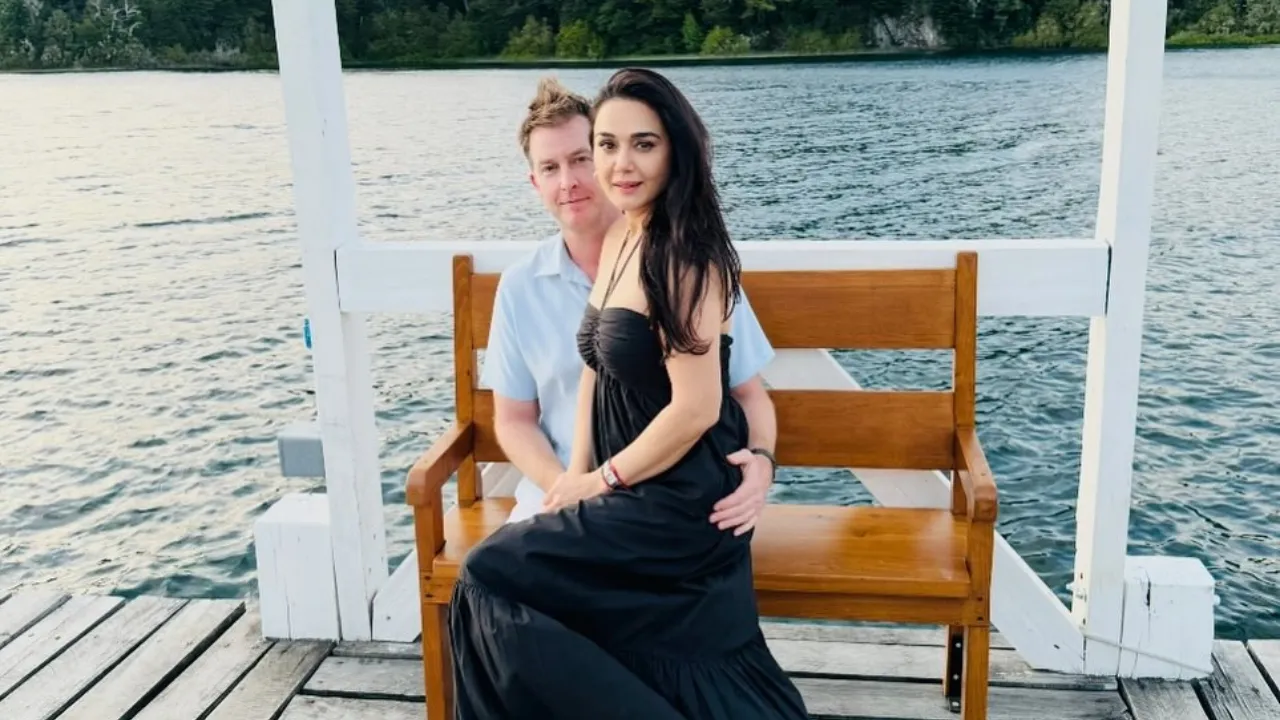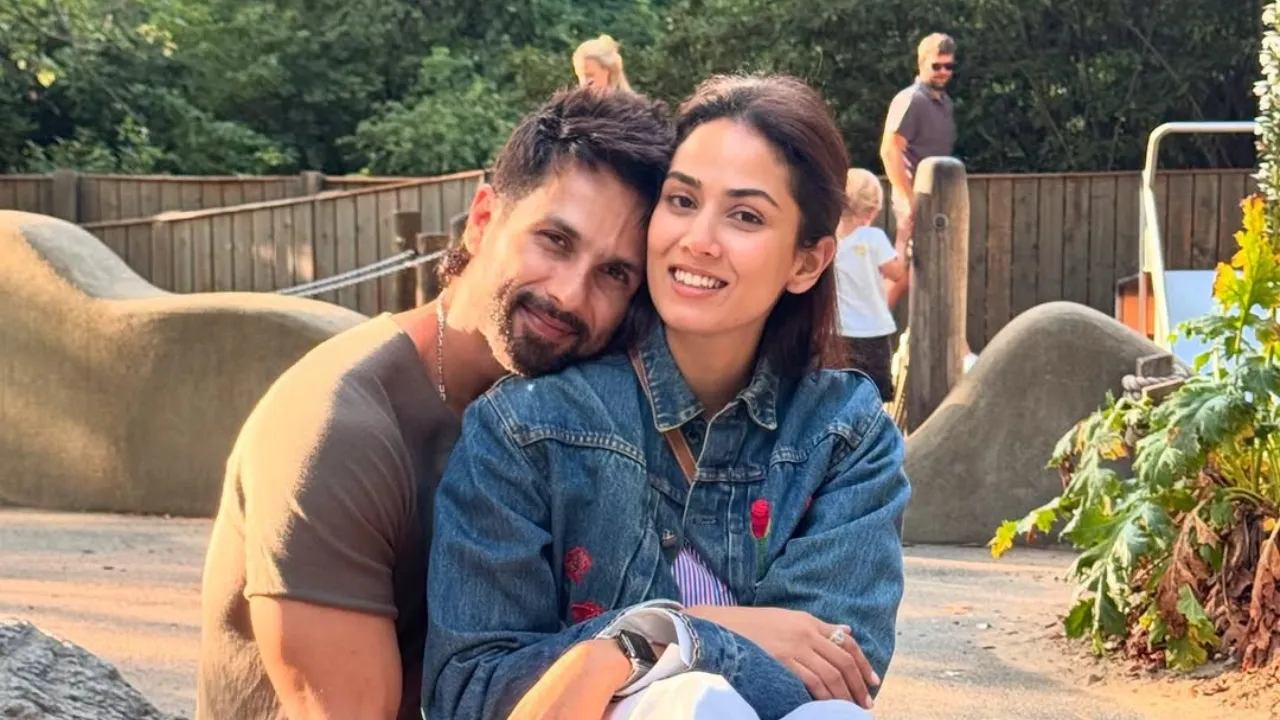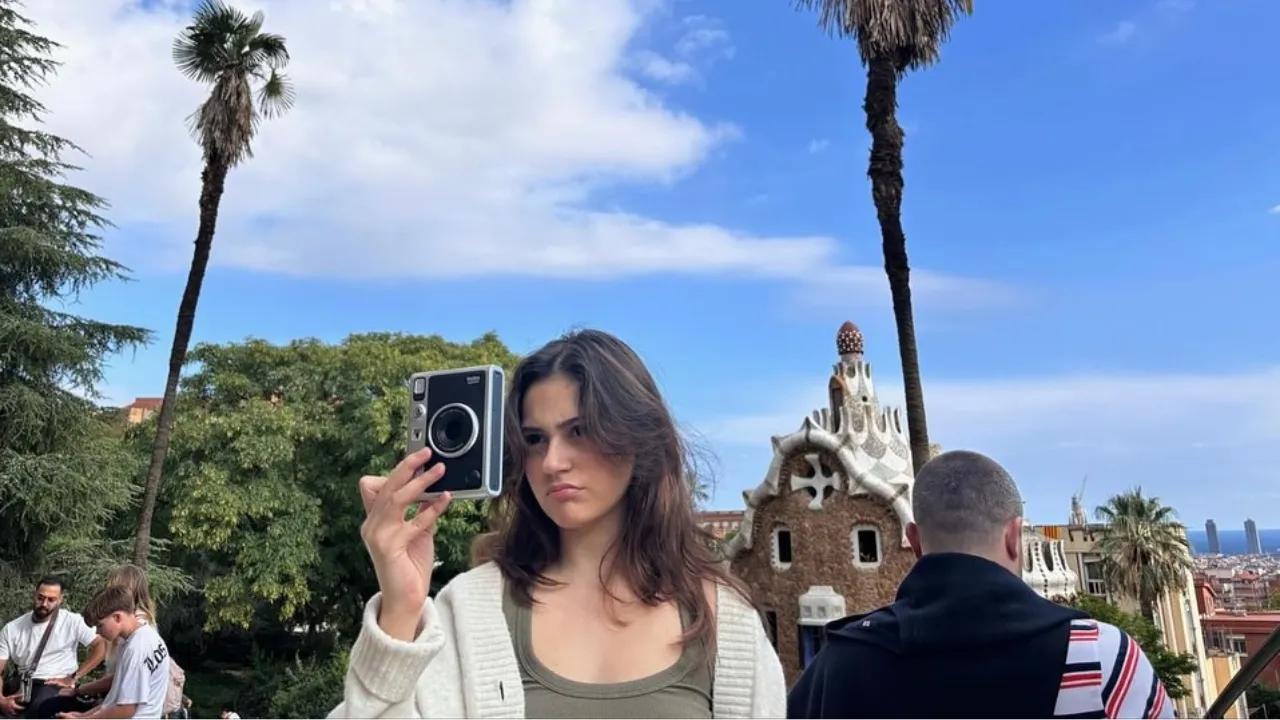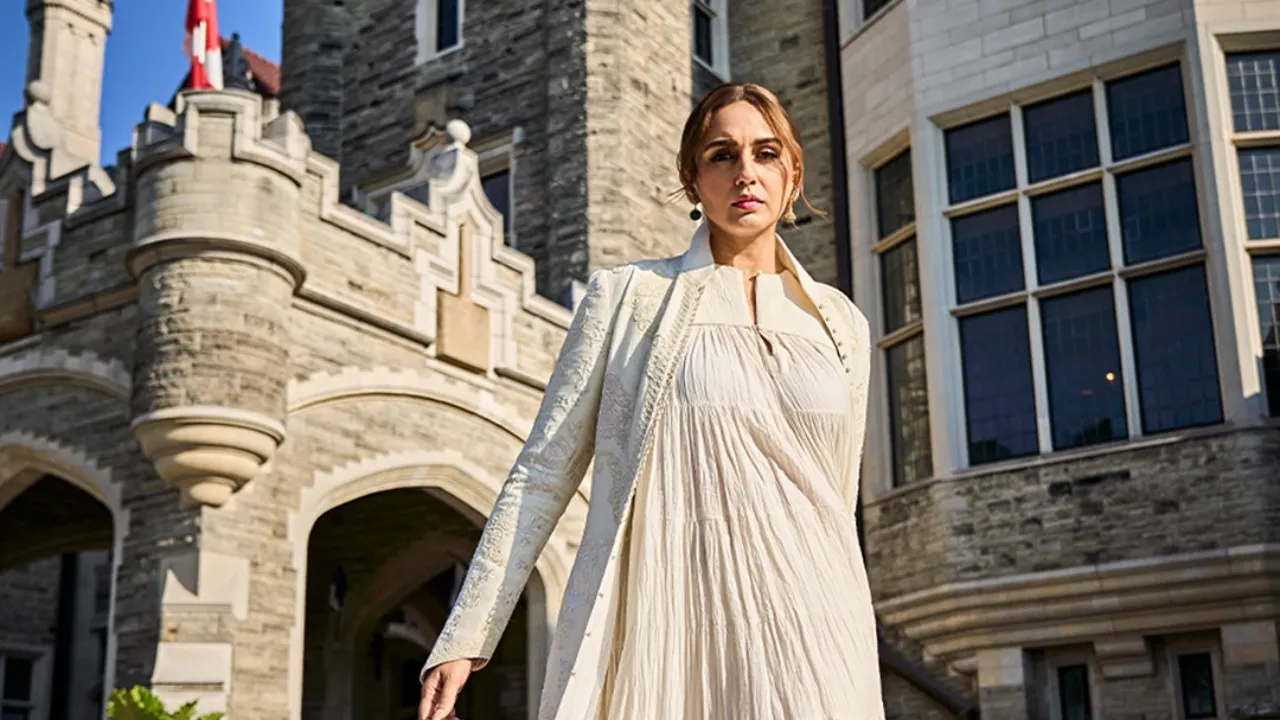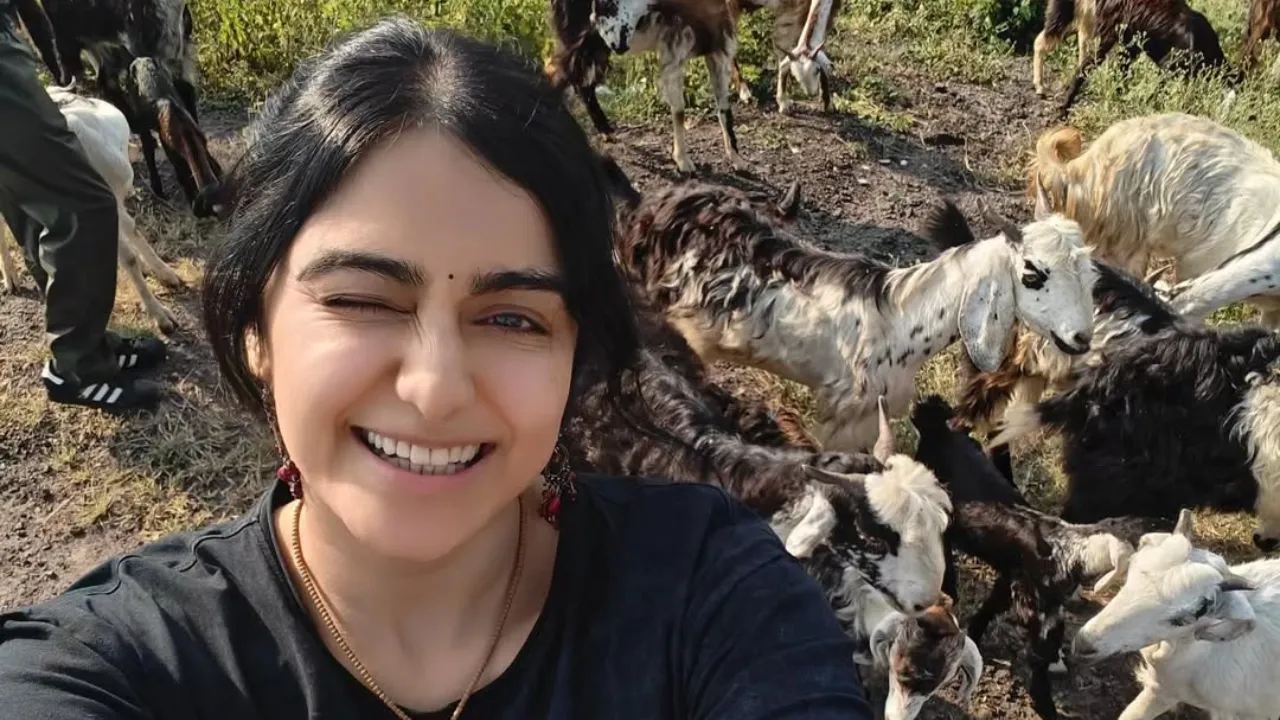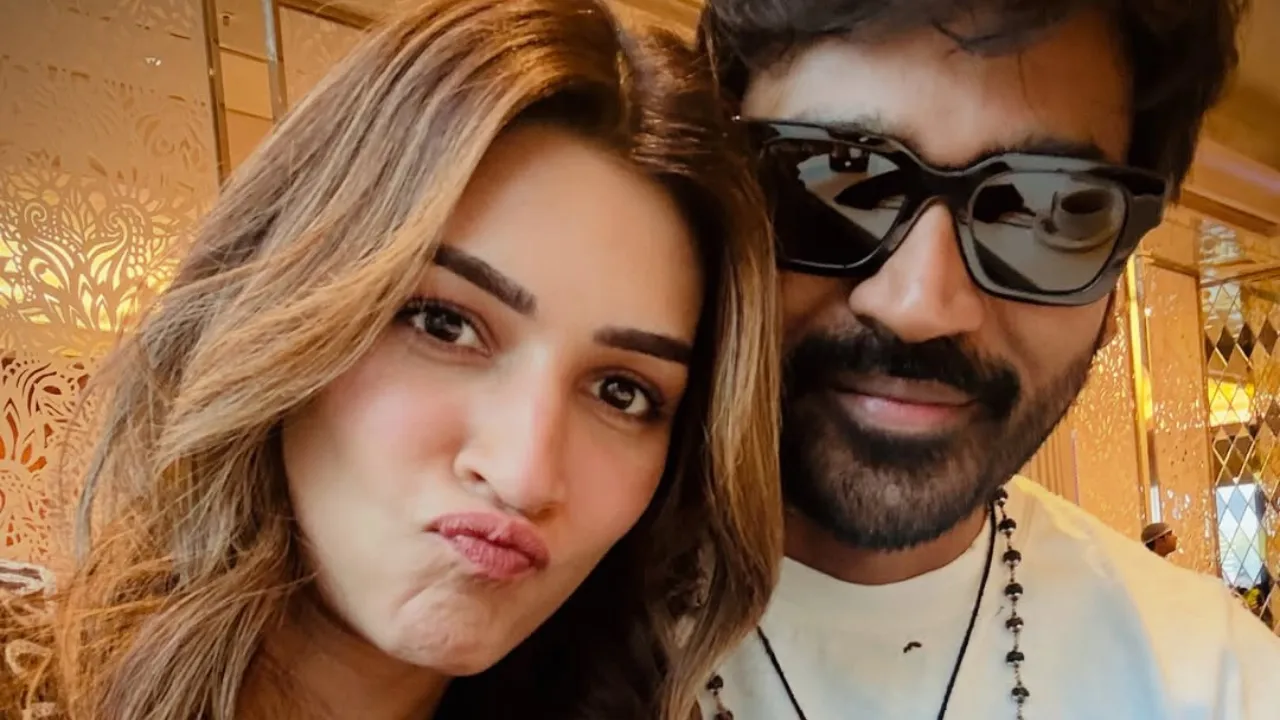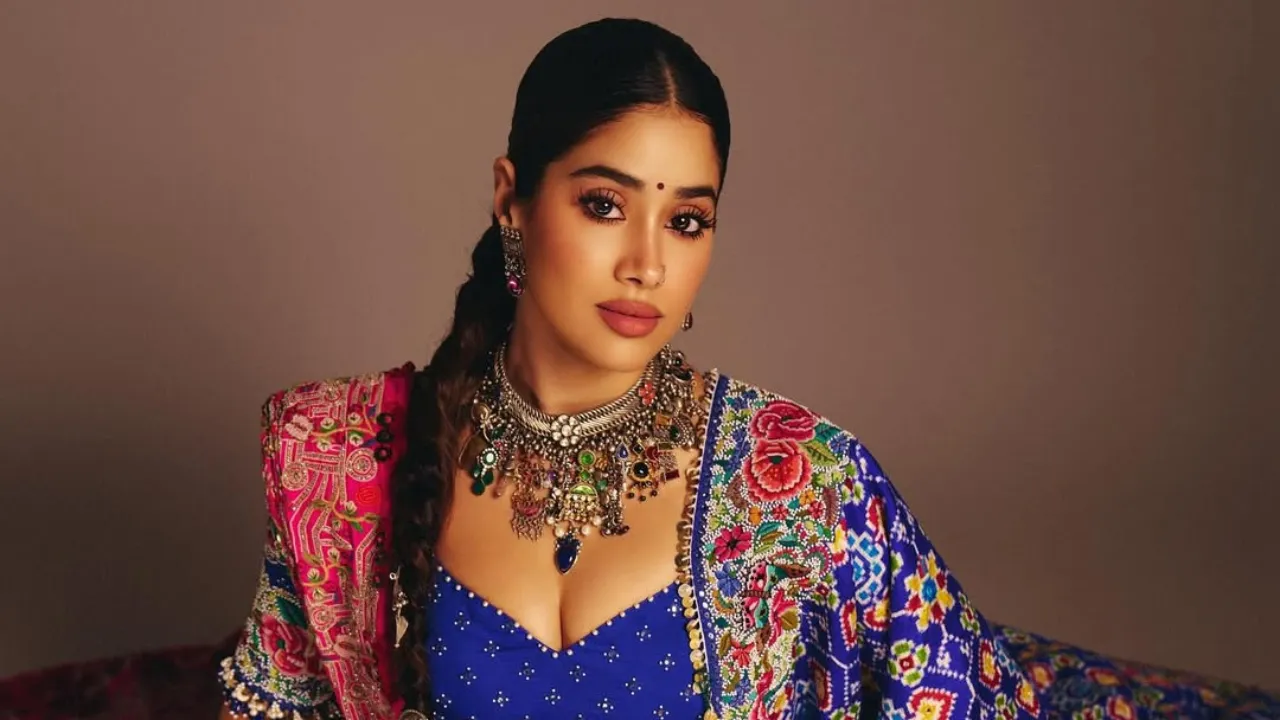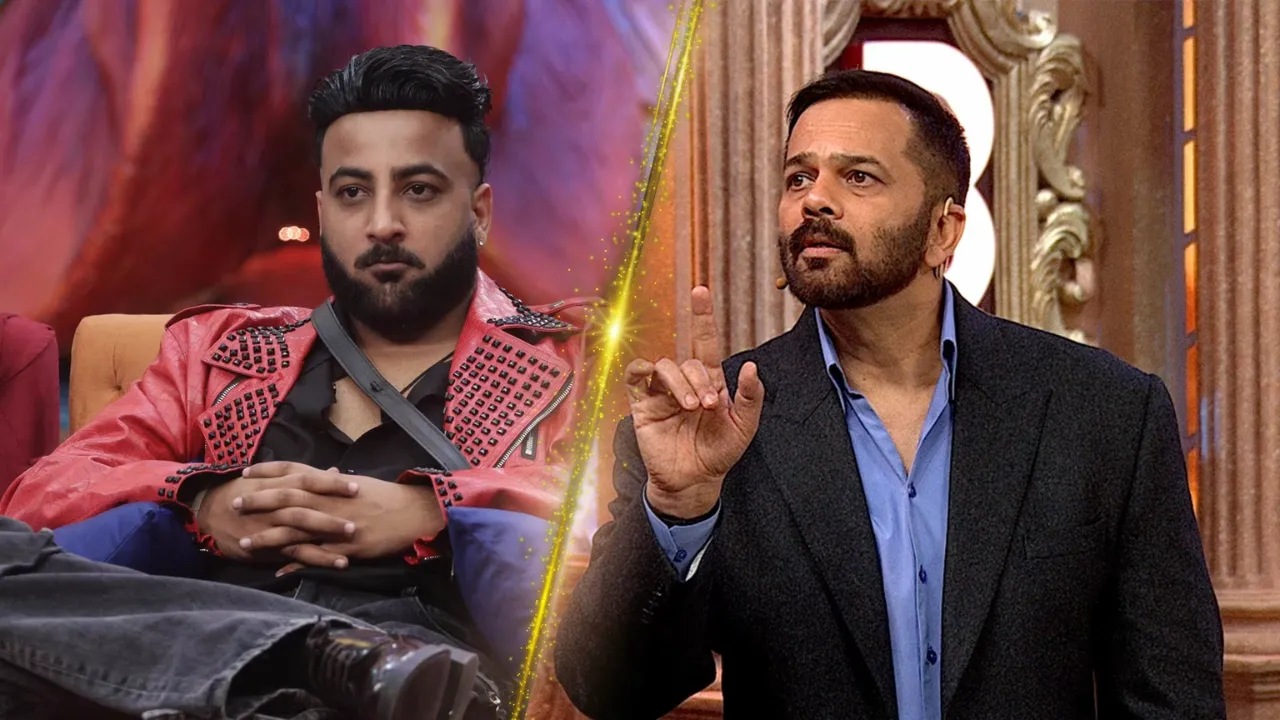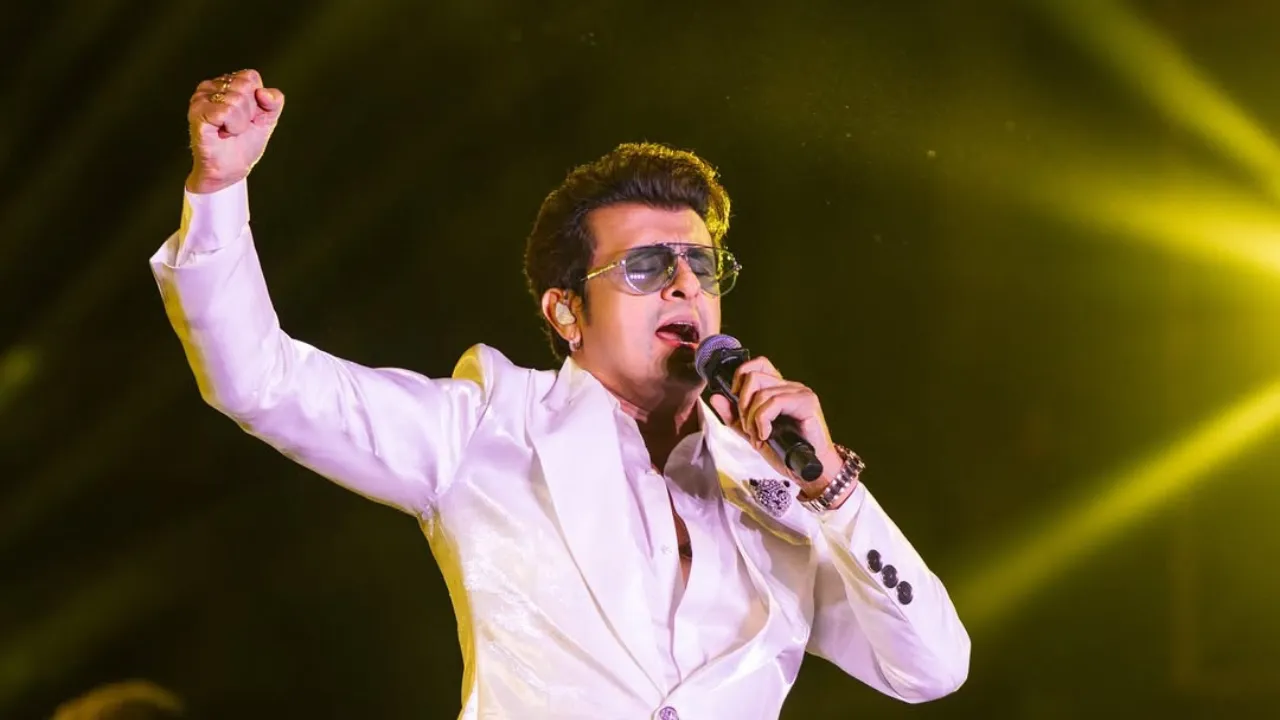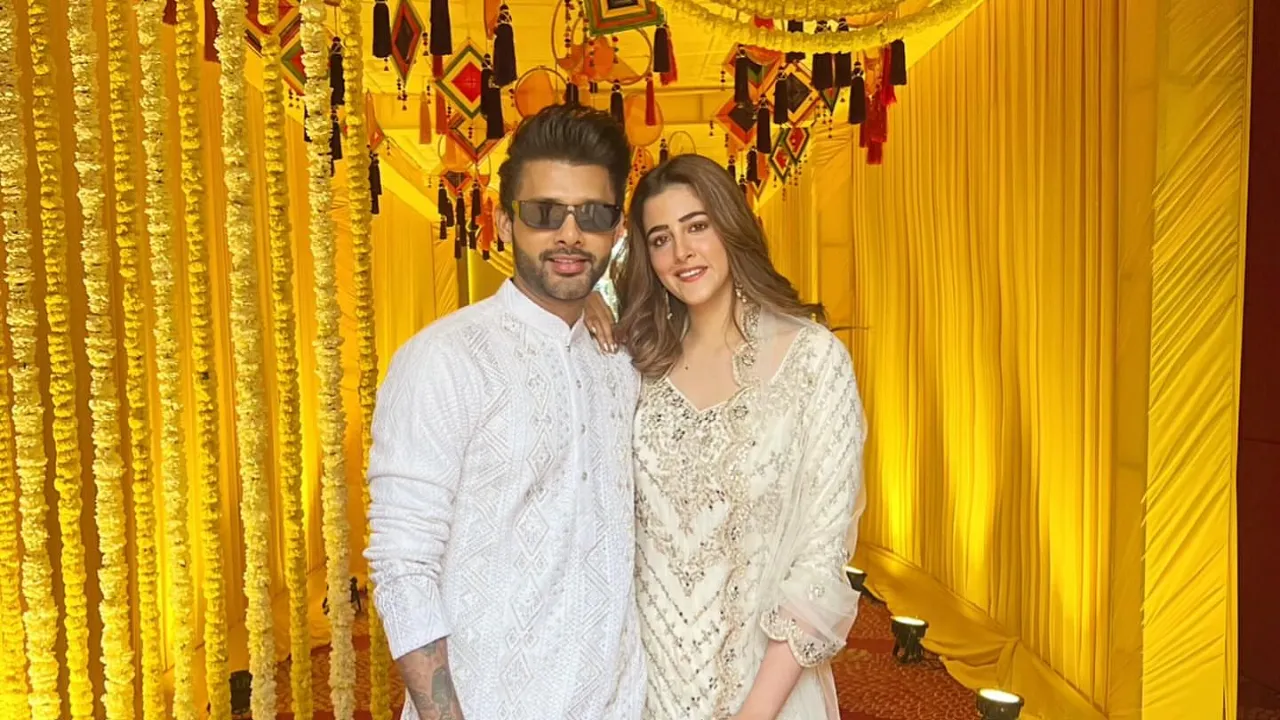Aishwarya Rai Seeks Protection Against AI-Generated Adult Content: A Closer Look
Bollywood star Aishwarya Rai Bachchan has recently taken a firm stand in the Delhi High Court, moving to protect her rights after her images have been allegedly misused in AI-generated pornographic content. This case highlights not only issues around celebrity rights in the digital age but also the broader challenges posed by AI, deepfakes, and personality rights.
What Happened: Aishwarya Rai’s Legal Plea
The Misuse She’s Complaining About
Aishwarya Rai states that her name, image, likeness, and even voice are being used without her consent in content circulating online. According to her petition, some of this content is AI-manipulated or deepfaked to create sexually explicit or pornographic imagery, which is entirely “unreal intimate photographs.” She claims that her name and persona are being used to satisfy others’ sexual desires, which she describes as deeply harmful.
Parties Named in the Suit
The petition mentions several websites and platforms allegedly involved, including aishwaryaworld.com, apkpure.com, bollywoodteeshop.com, kashcollectiveco.com, Etsy, some YouTube channels like NewNWSTamil and Bollywood_CinemaTV07, and even chatbots purporting to mimic her persona. Big tech and regulatory bodies have also been named, including Google LLC, the Ministry of Electronics & Information Technology, and the Department of Telecommunications.
Legal Basis: Personality Rights & Deepfake Misuse
What Are Personality Rights?
Also called publicity rights, these include a person’s right to control use of their name, image, likeness, voice, and other distinctive attributes. Aishwarya Rai’s case hinges on these rights. In India, courts have recognised personality rights in various past cases, especially when celebrities’ identities are exploited without consent.
Why Deepfakes Make This Particularly Serious
Deepfake or AI-generated content can create realistic but fake images or videos, often very difficult to distinguish from real content. When used without permission, especially in sexual or pornographic context, the harm is both reputational and psychological. Such misuse can mislead people into believing false endorsements, damaging both personal dignity and brand value.
What the Court Has Done So Far
Interim Relief and Orders
The Delhi High Court has orally hinted at issuing an ad-interim injunction to restrain those allegedly misusing Aishwarya Rai’s identity. The Court has granted interim protection, ordering various platforms and entities to take down or block unauthorized content, including through AI or deepfake technologies.
Deadlines and Next Hearings
Defendants have been directed to remove or disable access to offending URLs within a short timeframe, often 72 hours. Further proceedings were scheduled before the joint registrar on November 7, 2025, and a full hearing is expected on January 15, 2026.
Implications of the Case
For Aishwarya Rai
If successful, the case could prevent further misuse of her image, voice, and persona in pornographic or explicit AI content. It could protect her reputation, personal dignity, and commercial interests. It may also set a precedent for quicker response times by digital platforms when content violates personality rights, especially via AI.
Broader Implications in India
This raises urgent questions about how existing laws address AI misuse, deepfakes, and personality rights. It also pressures digital platforms and e-commerce sites to be more vigilant about user content, verification, and removal of violative content.
What Laws and Rules Apply
Existing Legal Framework
India does not yet have a specific law expressly for deepfakes, but existing laws around defamation, right to privacy, intellectual property, and image rights are being used. Under Indian law, personality rights are recognised by courts even though there isn’t a single specific statute. These are often derived from privacy, dignity, and publicity jurisprudence.
Gaps and What Needs Clarification
Clear guidelines are needed on how AI and deepfake content should be regulated. Questions remain around the liability of platforms and intermediaries: to what extent must they monitor, filter, or remove content proactively? Stronger penalties for misuse, whether civil, criminal, or both, are also needed.
What Can We Learn, and What Can You Do?
Key Lessons
Even high-profile individuals are vulnerable in the age of AI, and legal systems must adapt fast. Personality rights are gaining stronger recognition globally, and misuse of identity via AI for non-consensual sexual content is a serious violation, not just an embarrassment.
Practical Steps for Protection
Celebrities and ordinary citizens alike should monitor their digital footprint and stay alert for fake content. Legal remedies should be used early, such as filing complaints, seeking takedowns, and requesting injunctions. Support for stronger regulations around AI misuse is also essential to protect individuals in the future.
Conclusion: The Importance of Upholding Respect and Rights
Aishwarya Rai’s case underscores a modern dilemma: technology like AI brings creative possibilities, but also tools that can harm dignity, reputation, and identity if misused. It is not enough to condemn deepfakes in theory—what matters is legal frameworks that actively protect individuals. For Aishwarya Rai, this legal action is about preserving her persona, her image, her voice—elements that make her who she is—and ensuring they are not exploited without consent. As the court moves forward, many will be watching closely, because the outcome might shape how India treats personality rights in the AI era.
Also Read: iPhone 17 Full Specs, Features, Price & Everything You Need to Know (2025).
